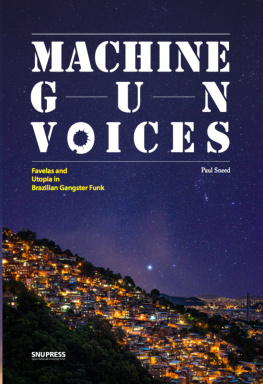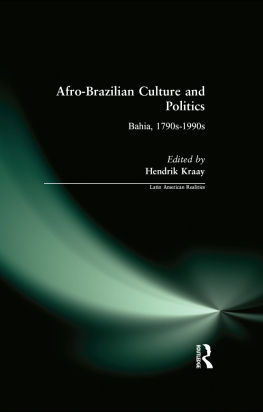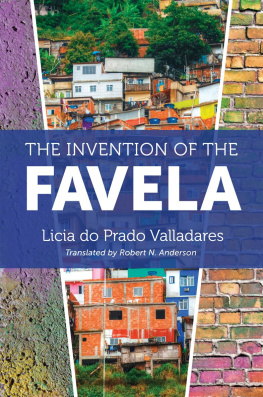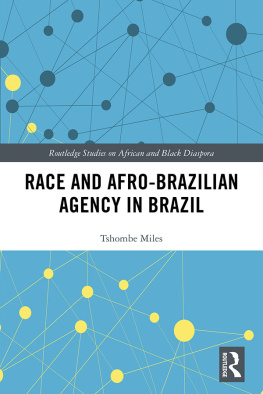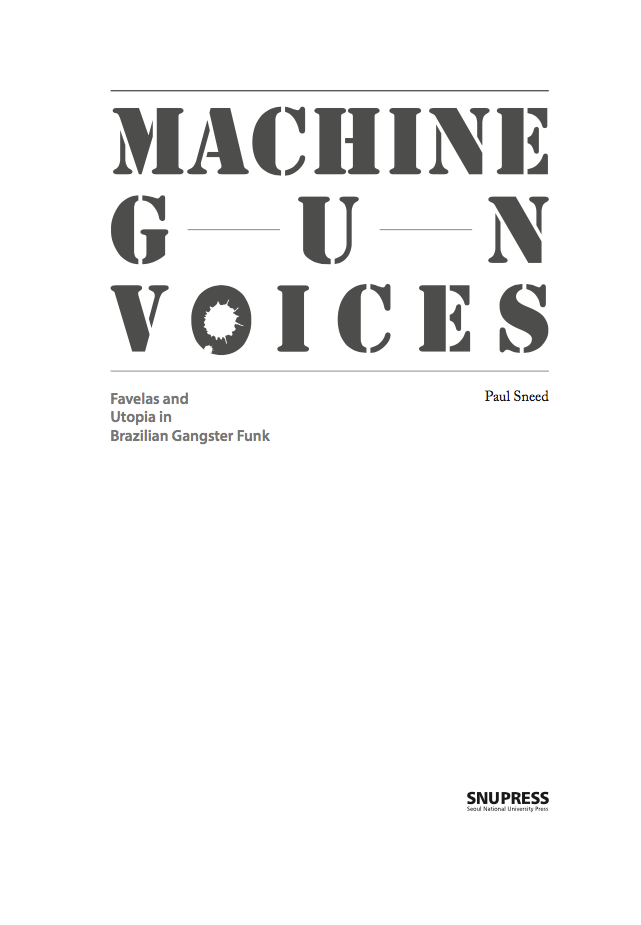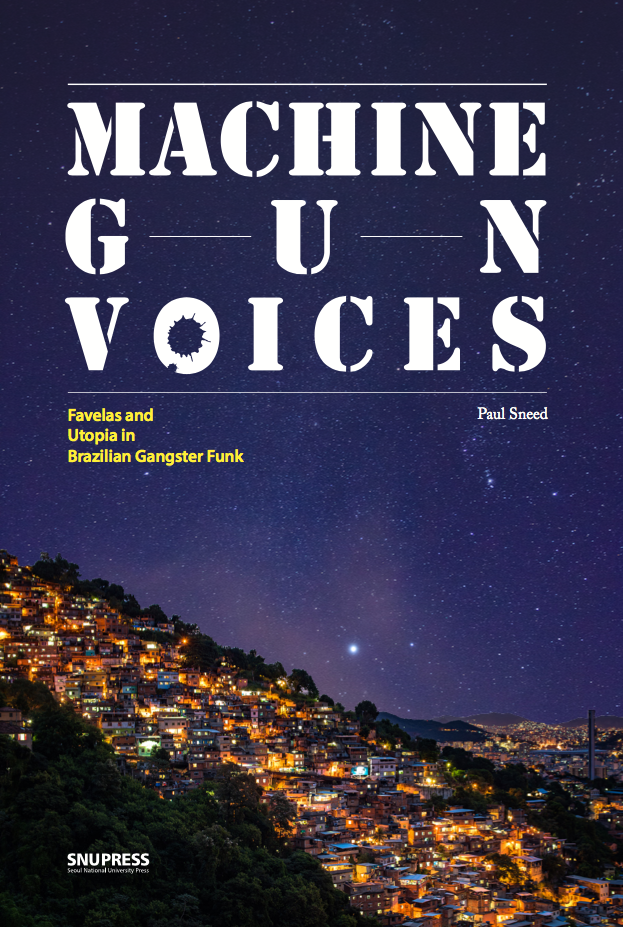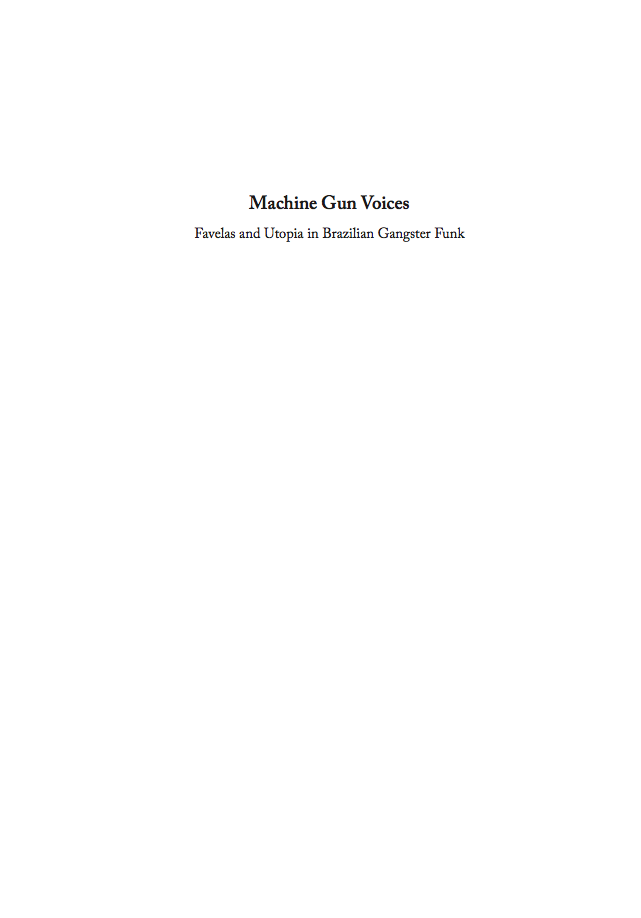
Machine Gun Voices
Favelas and Utopia in Brazilian Gangster Funk
Copyright 2019 Paul Sneed
ISBN 978-89-521-2949-9 95380
All rights reserved. No part of this volume may be reproduced in any form or by any means, except for brief quotations, without written permission from Seoul National University Press.
Seoul National University Press
1 Gwanak-ro, Gwanak-gu, Seoul 08826, Republic of Korea
E-mail: snubook@snu.ac.kr
Homepage: http://www.snupress.com
Tel: +82-2-880-5252
Fax: +82-2-889-0785
This work was supported by the Seoul National University Research Grant in 2018.
Contents
Photo Gallery
Foreword by Carlos Palombini
Chapter 1
Funk Rio
Chapter 2
Machine Gun Voices
Chapter 3
Writing about Funk Carioca
Chapter 4
Proibido and Rios Gangs
Chapter 5
Rocinha Favela
Chapter 6
Crimes of Self Defense
Chapter 7
Social Bandits in Funk
Chapter 8
Bandits of Christ
Chapter 9
Trafficking Culture
Chapter 10
Musical Survival Tactics
Chapter 11
Utopias de Favela
Chapter 12
Mixes from the Margins
Chapter 13
Last Dance
Afterword
Appendix
Classic Proibido Lyrics
Funk Carioca Videography
Bibliography
Acknowledgements
Index
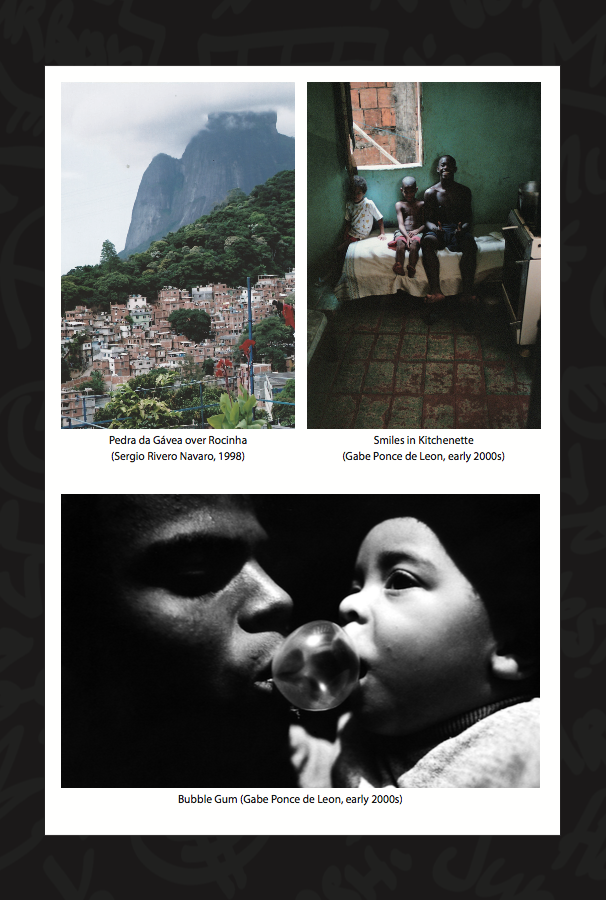
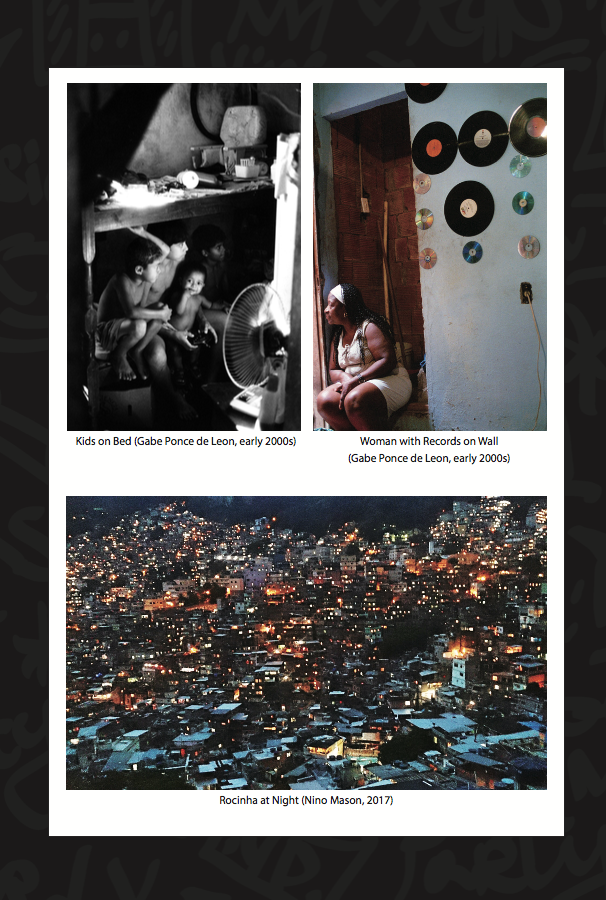
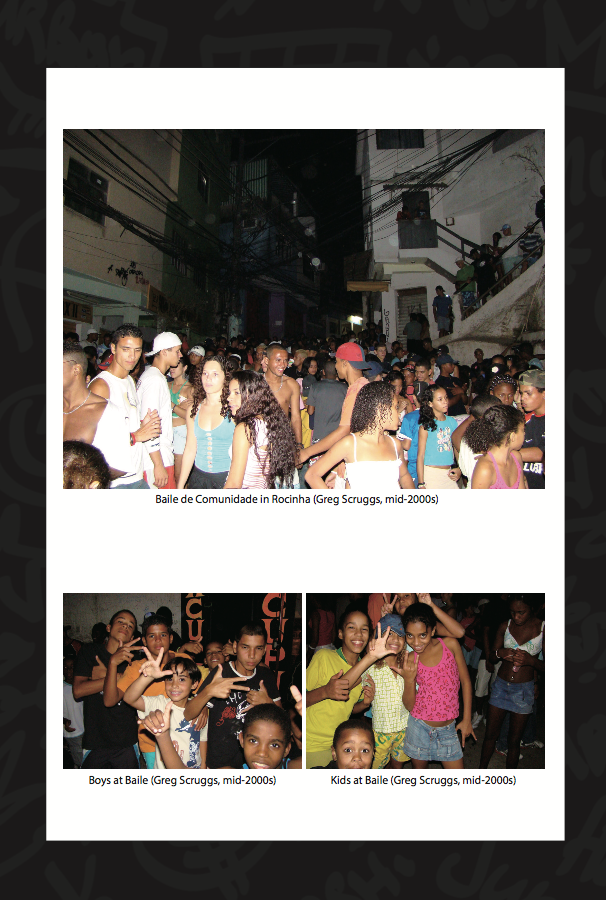
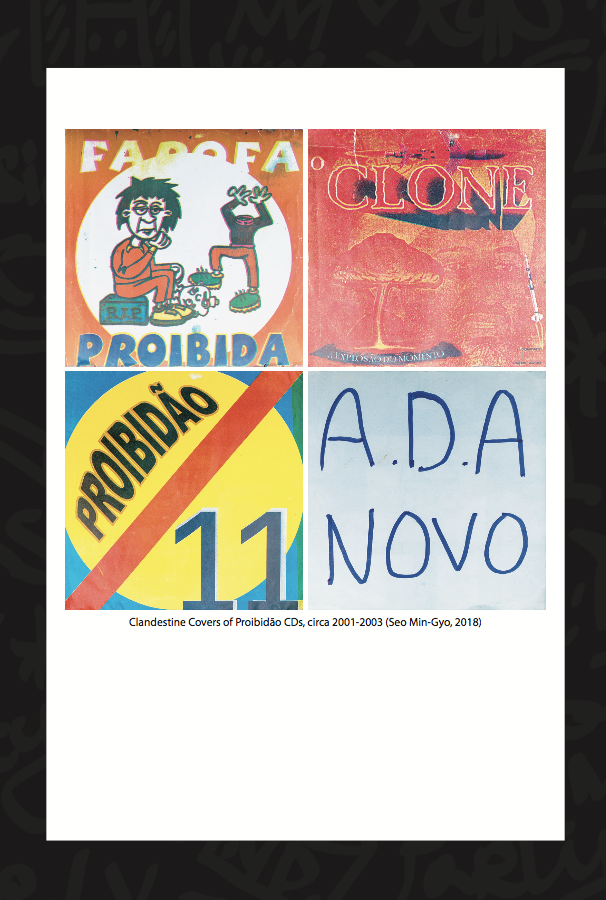
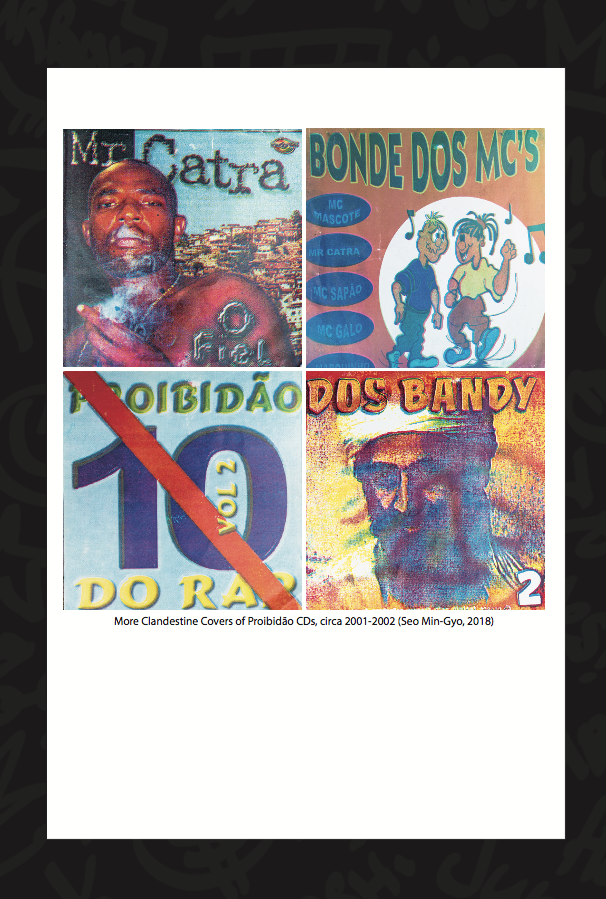
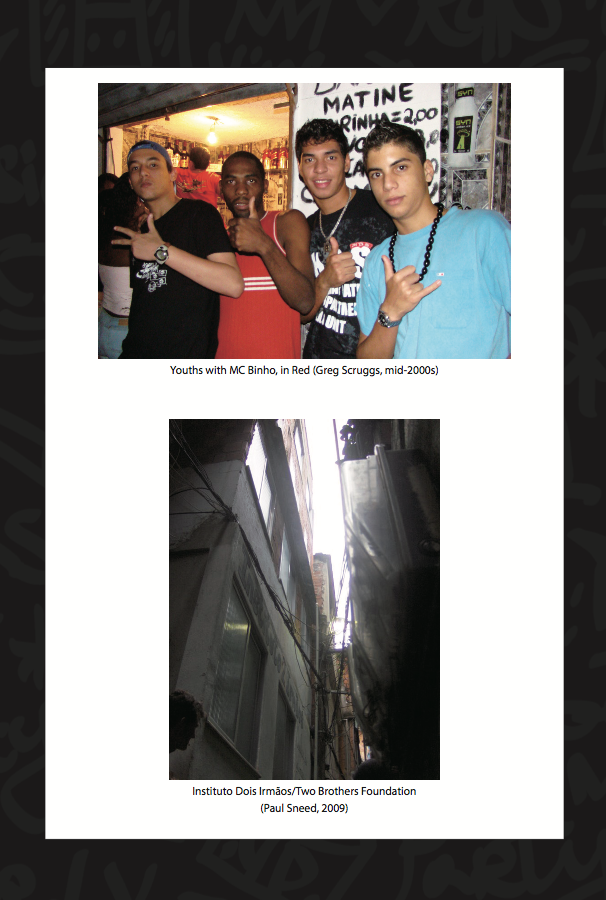
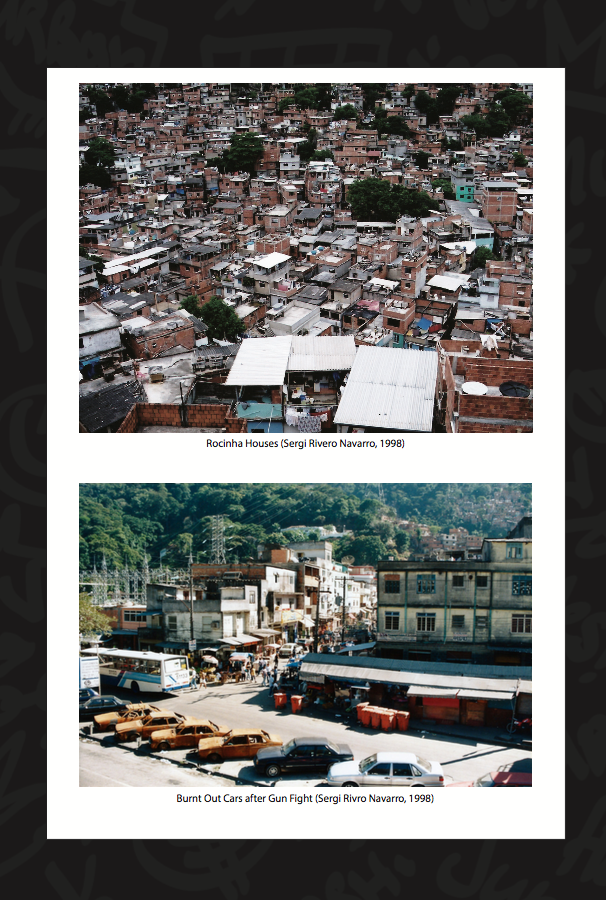
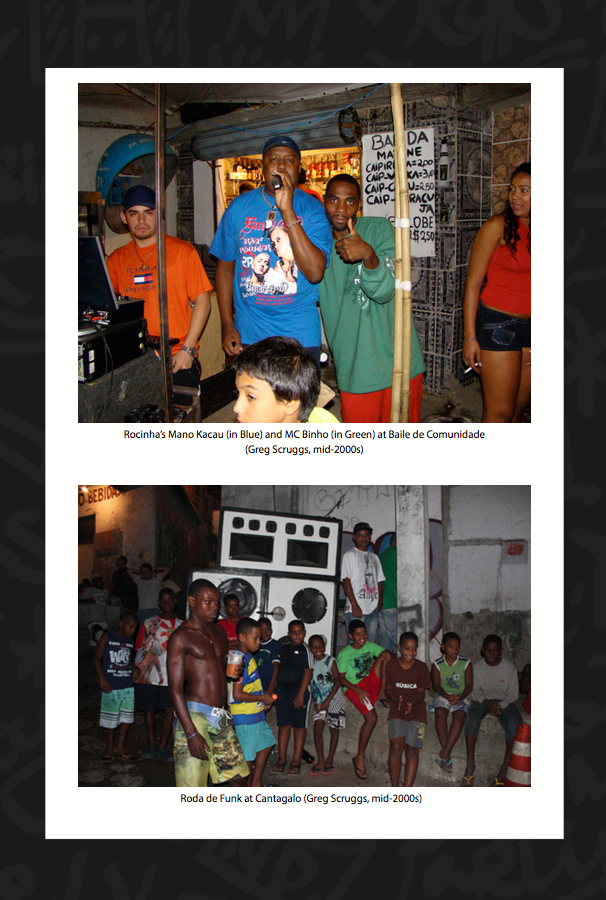
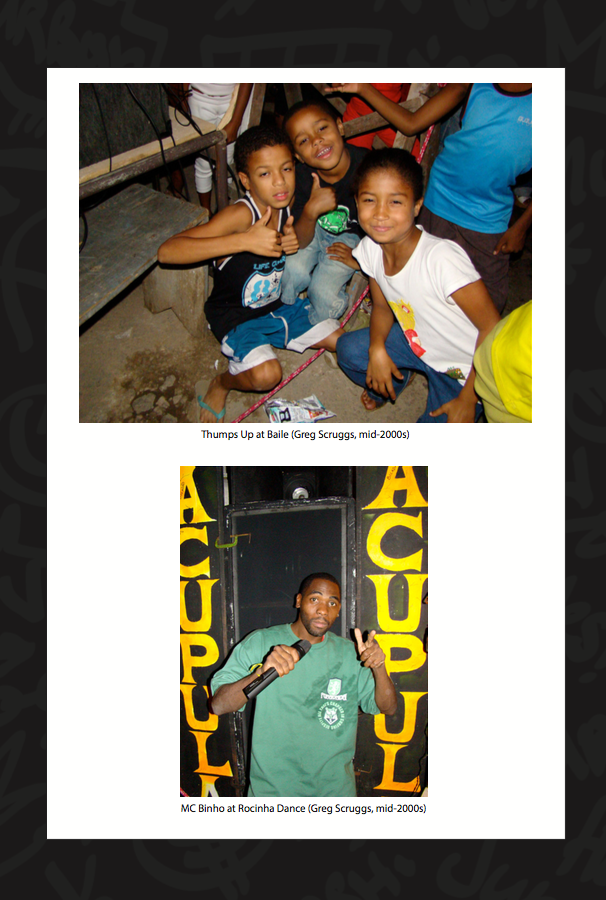
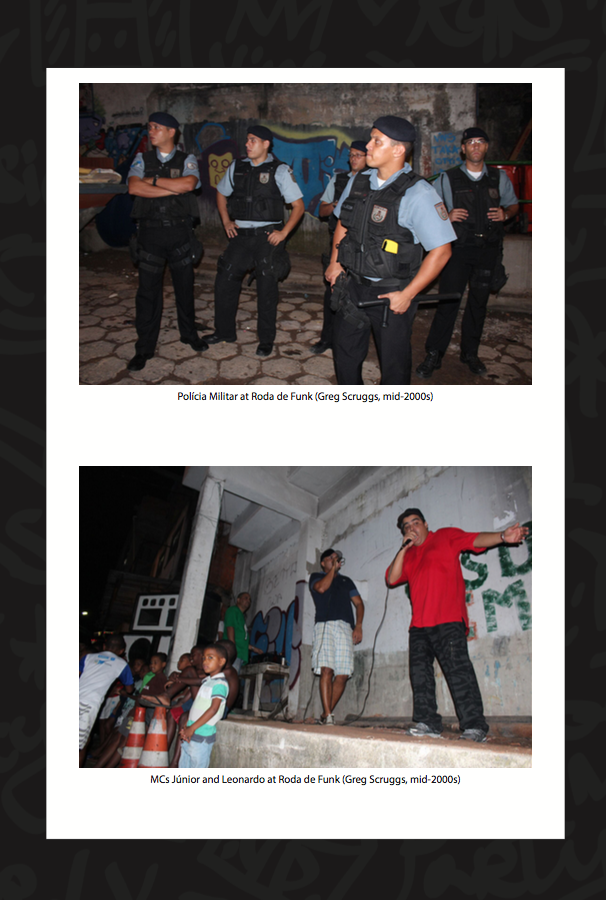
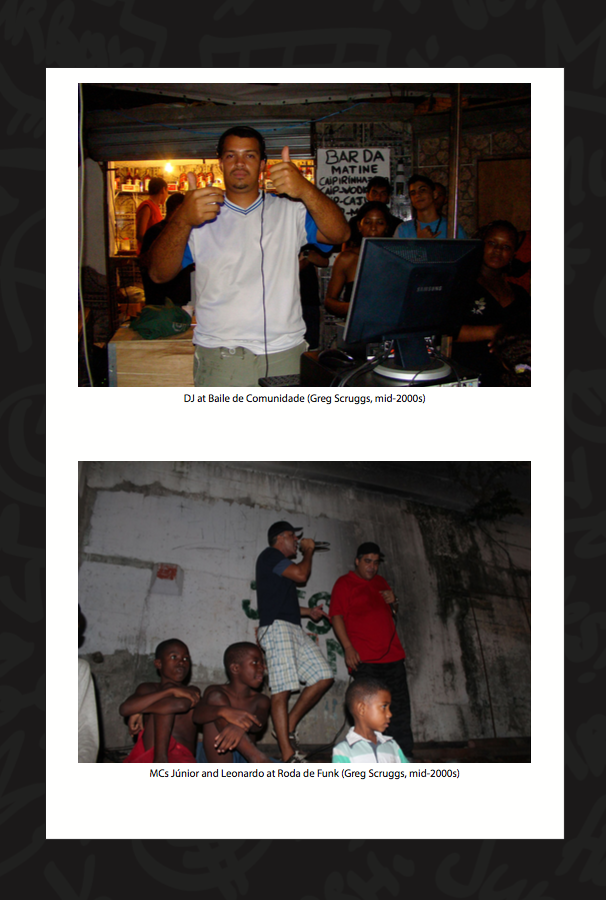
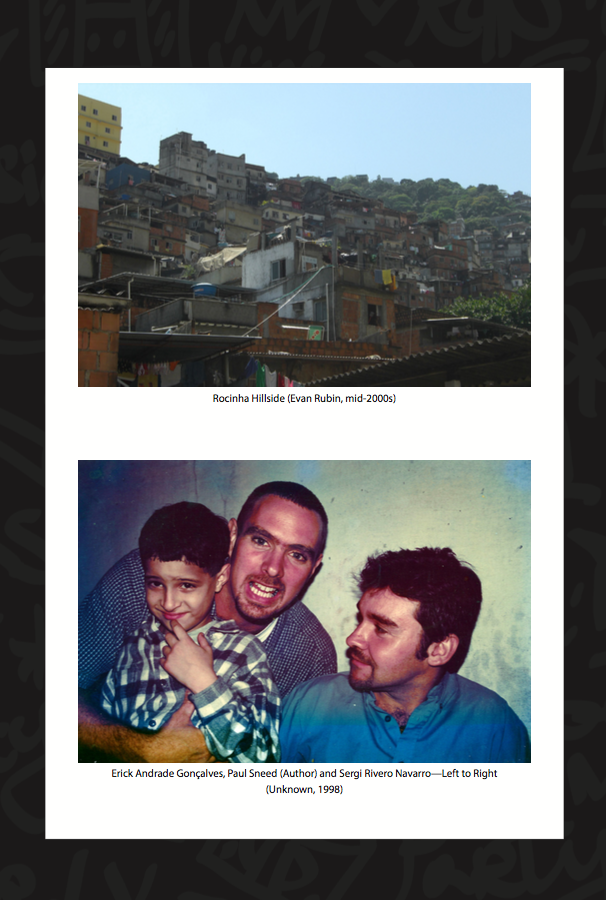
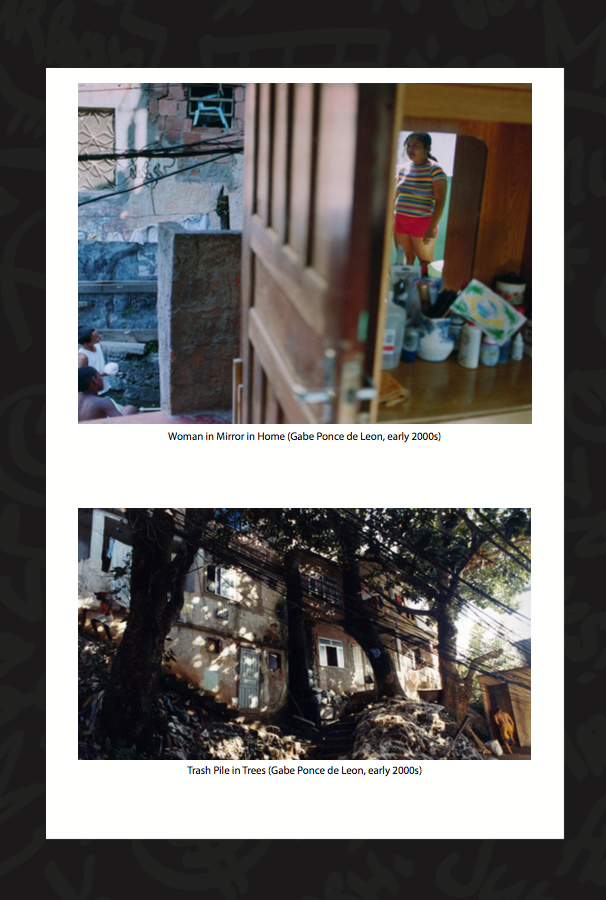
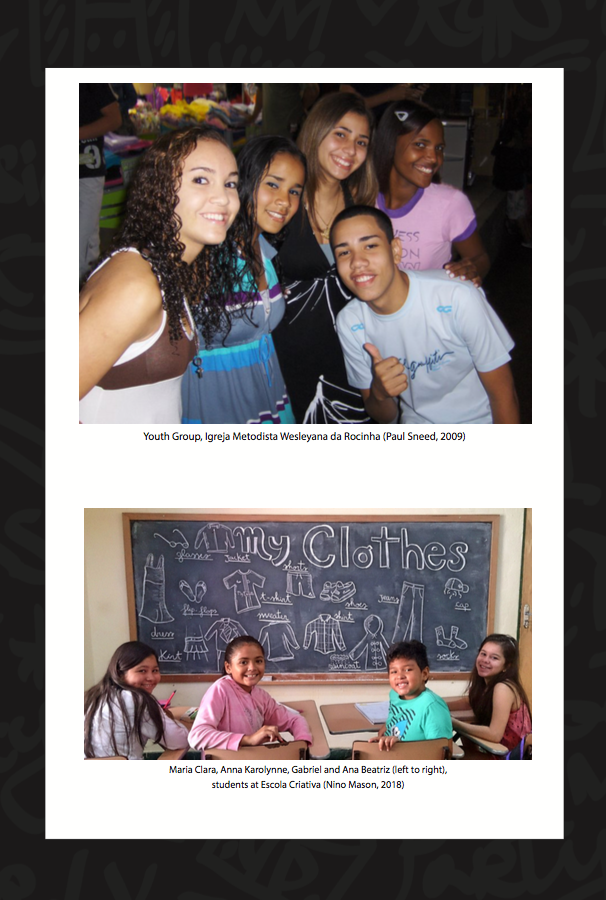
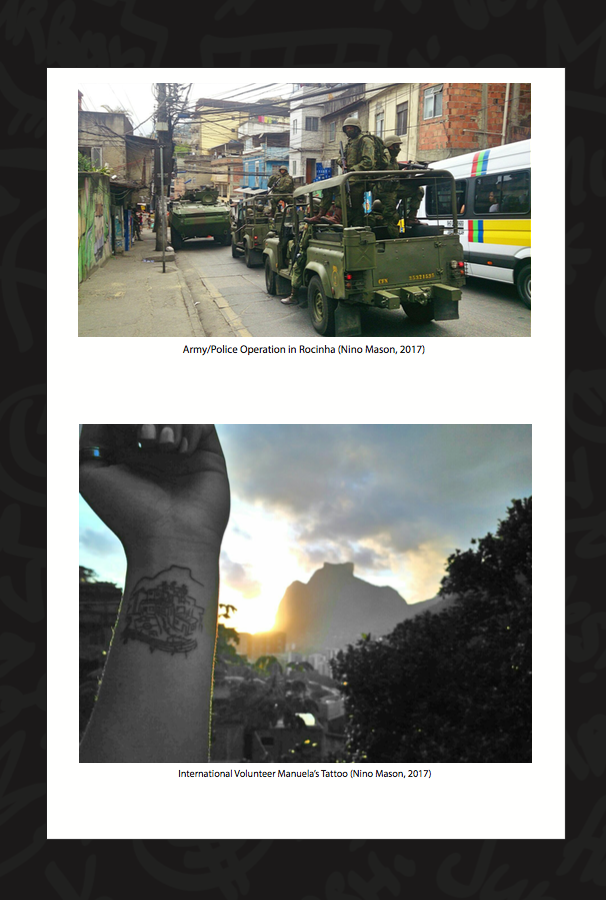
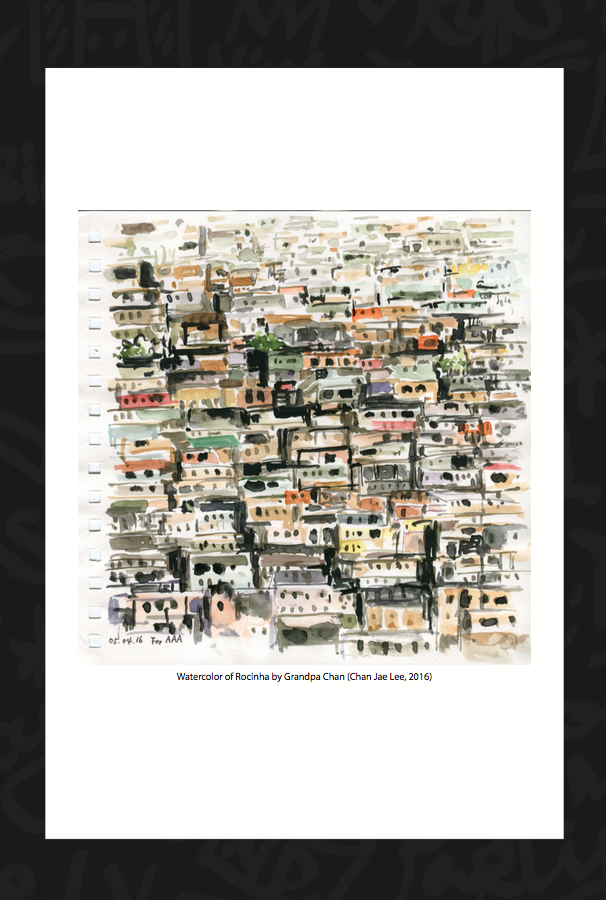
Foreword

Funk carioca culture originates from the young proletarians of the greater Rio de Janeiro city who united to dance to the sounds of African-American soul in the early 1970s. Unlike the English club culture known as Northern Soul, Brazilian soul people shared with their North-American peers a common African heritage, but not a common language. In the course of two decades, their musical tastes evolved with African-American musicfrom soul to funk, Philly soul, disco, hip-hop, electro funk, electro, Miami bass, Latin freestyleuntil a hybrid of song and electronic dance music (EDM) emerged ( Palombini 2014) . Funk carioca arose from a club culture, but the closure of suburban venues by law enforcement agents in the latter half of the 1990s sent it back to the favelas where it found a new home and exploded even more.
Paul Sneed lived in the favela of Rocinha, in South Rio, as a University of Virginia undergraduate student on an exchange programme in 1990. He returned for extended stays in 1992 and 1995, for research experiences as a graduate student at the University of Wisconsin in 1996, 1998 and 2000, and for fieldwork in 2001, 2002 and 2003, adding up to some five years of residence (not including subsequent stays and research stints in Rocinha) . He was thus able to gain in situ knowledge of the newborn music, with its early waves of popularity in the media, of which the first, in 1995, coincides with the golden age of funk consciente (conscious rap) , whereas the second, in the year 2000, is coetaneous with the ascendancy of the subgenres putaria (whoredom) and proibido (forbidden funk) .
Proibido is commonly described as apologia (apology) with ellipsis of the object that this music would eulogize. Such an object is tacitly understood to be crime, sex or both.Strictly speaking, the subject matter of proibido is crime life, where crime stands for the trading of illicit substances conductive to altered states of consciousness, especially marijuana, cocaine and crack, with the exemption of those activities of this trade that take place outside the favela or are not conducted by people associated with it. The remainder of this operation is termed drug dealing, so that the lower echelons of the drug business substitute for the upper ones insofar as liability to punishment is concerned. The rhetorical expenditure of this naming strategy, in which pars pro toto (a synecdoche) hides behind an ellipsis, is inversely proportional to the legitimacy of the measures wherewith the music is penalized, hence the ironic hyperbole of the augmentative (the term proibido translates as forbidden big thing) yet another double figure of speech. Proibido is best defined as the subgenre of funk carioca that deals with life on the retail end of the illicit substance trade, narrated with specific ethical concerns, from the perspective of those who experience its problems, according to a particular aesthetics of composition, performance, and musical and phonographic production.
Next page
